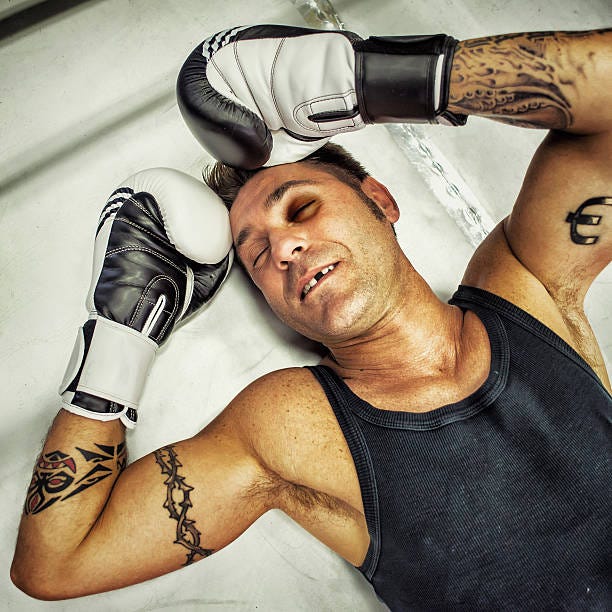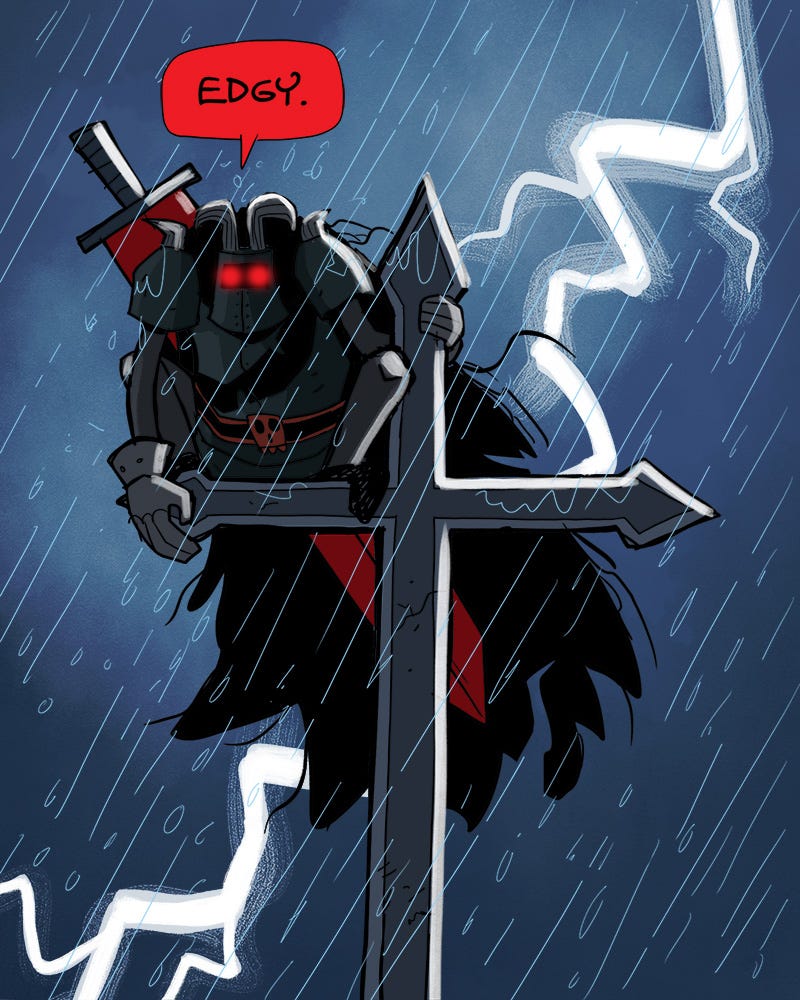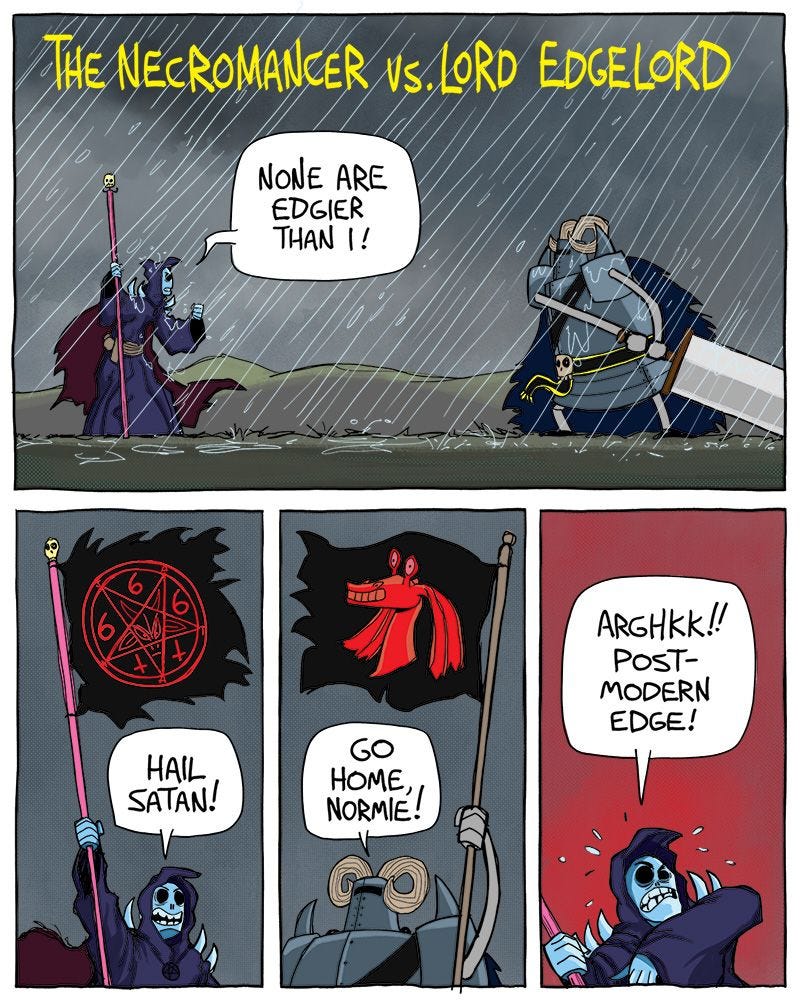You're So Vain, I Bet You Think This Article is About You
Are you really as good as you think you are? Dunning and Kruger say no.
The Dunning-Kruger effect shows up a lot in pop culture these days. You know those damn kids like their pop psychology. I wonder if it shows up in Kajukenbo…
The Dunning-Kruger effect is usually (and incompletely) described as the tendency of people lacking skill or knowledge to overestimate their own ability or knowledge. Tldr: you know how to make a black and tan so you lecture the tuxedoed bartender on how he mixes the 71 ingredients necessary for a Commonwealth.
If you see someone with little experience in something complaining about that very thing, they may be victims of Dunning and Kruger too. And that definitely shows up in competitive circles, everywhere from weight lifting and martial arts to midget tossing and full-contact poetry reading. It’s the reason many (not all) people refuse to even try proper ground fighting and Tai Chi.
Is it narcissism? Maybe. Narcissism is an actual disorder that makes a person think more of themselves than they really are, and requires therapy and maybe medical drugs for side effects. But, in the English language we use the word “narcissist” for anyone who thinks they’re hot shit and better than everyone else. And when you’ve actually gained the skill to knock a guy out, it takes a mature athlete to step back, look at yourself in the mirror, and say “…Aw, crap”. Like so many other things that make up the human soul, narcissism can drive a fighter to success just like it can drive a fighter to failure.
With an ego being so central to the human experience, you might have been encouraged to “empty your cup” when you come to train. Sound familiar? “Empty your cup” is a phrase often attributed to a Zen monk apparently named Ryutan in Japan and Lung-t'an Ch'ung-hsin or Longtan Chongxin in China (I just looked that up on Google and I have no degree in Chinese history or Zen).
If you’re reading this article you probably heard the phrase from your coach/sensei/sifu/jedi master warning you of that same Dunning-Kruger effect. As soon as you say “I know enough”, it becomes evident that you don’t. And because of that ego we’re all born with, most of us get stuck in a rut of “what always worked”. We also like to look edgy by criticizing. (That’s not just the ego inside you, that’s the 14 year-old edgelord inside pretending to be tough and emotionless.)
Go online and type the words “I love Tae Kwon Do” and you’ll get truckloads of keyboard warriors telling you how terrible Tae Kwon Do is and how superior MMA, BJJ, or Kyokushin is to it.
And they are. Seriously. I’d put my money on a modern day Kyokushin guy over a modern TKD guy any day.
But before I found Kajukenbo, real Tae Kwon Do was my introduction to actually hitting someone and actually getting hit full force, when the Tae Kwon Do McDojo I started at didn’t teach me those things. There is knowledge to be had there, and everywhere, and people doing TKD are still doing more than sitting on the couch.
In the 1970s? The TKD guys were something to watch. And yet most people will not give any traditional TKD knowledge a chance because they think they know everything (and, to be fair, because a lot of TKD schools shot themselves in the foot by watering down their art over the last forty years, but my main point still stands: there is knowledge in there to be had).
How do you combat this side of the Dunning-Kruger effect? You do it all and remember that everyone has a different goal on their martial arts path. Don’t think of yourself as a teacher or fighter and therefore something different than everyone else (whether its true or not). Empty your cup, take what works, and get rid of the rest. Teach, but learn too. That is part of Kajukenbo’s soul.
If you don’t want to do Tai Chi or BJJ, that’s fine. But don’t say they’re worthless. Just say you don’t want to do them. Empty your cup, accept that no technique or fight philosophy works 100% of the time, and let people enjoy things.
Let people enjoy things.
And empty your cup.
And if you like our writing, check out the free samples from my books “Blood, Sweat, and Bone: the Kajukenbo Philosophy” here and “The Path: Book Two of the Kajukenbo Philosophy” here.






